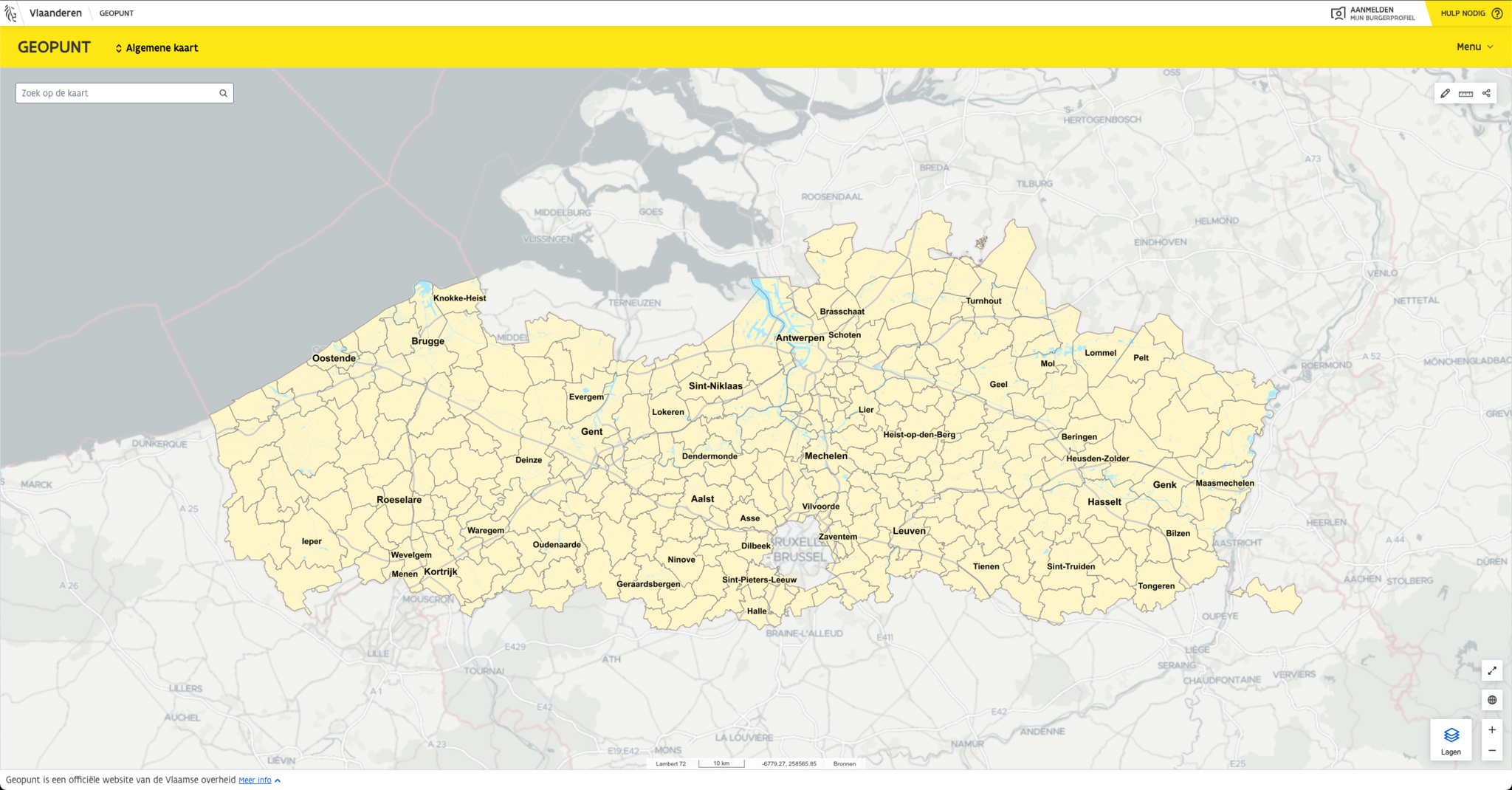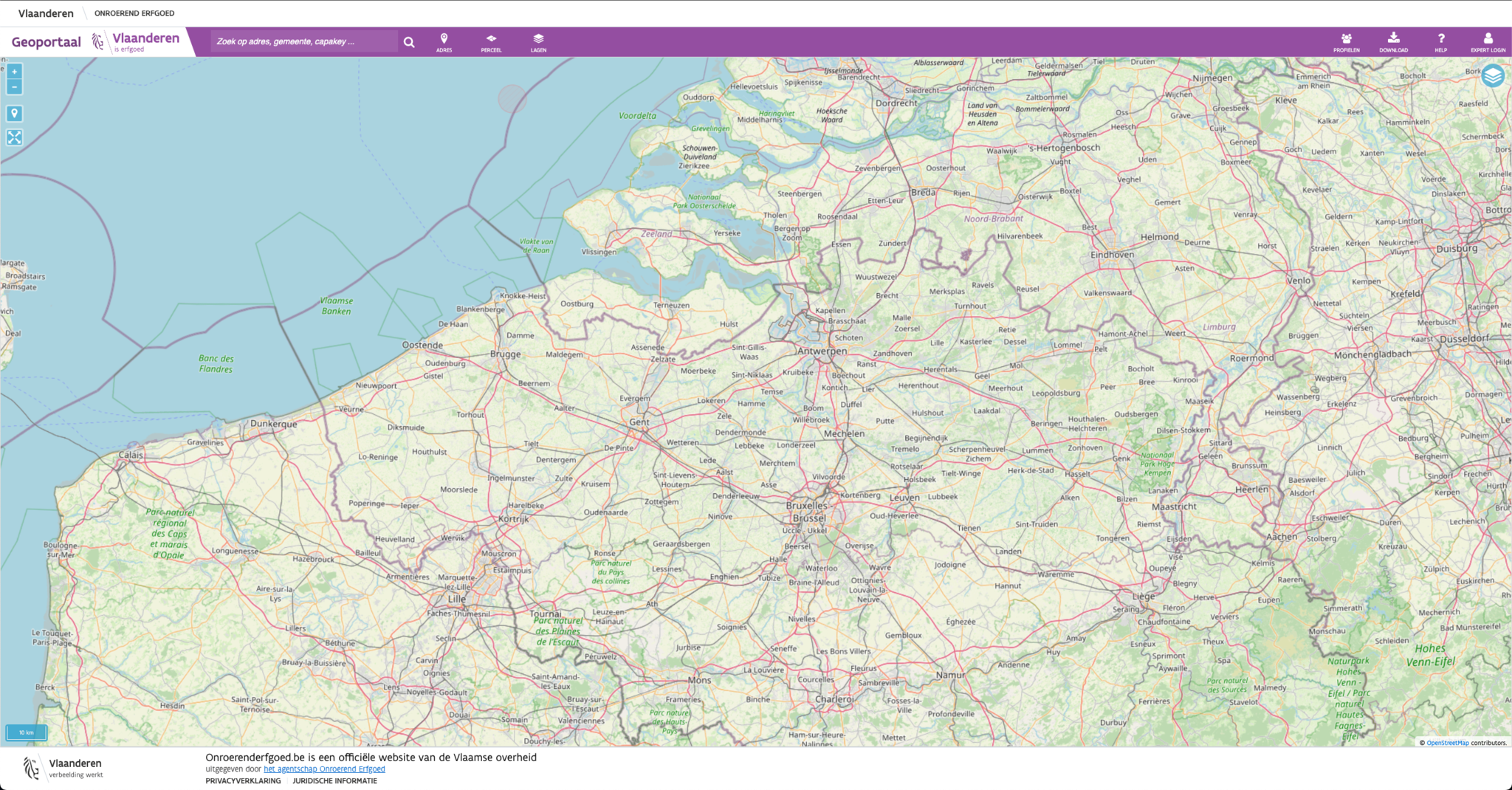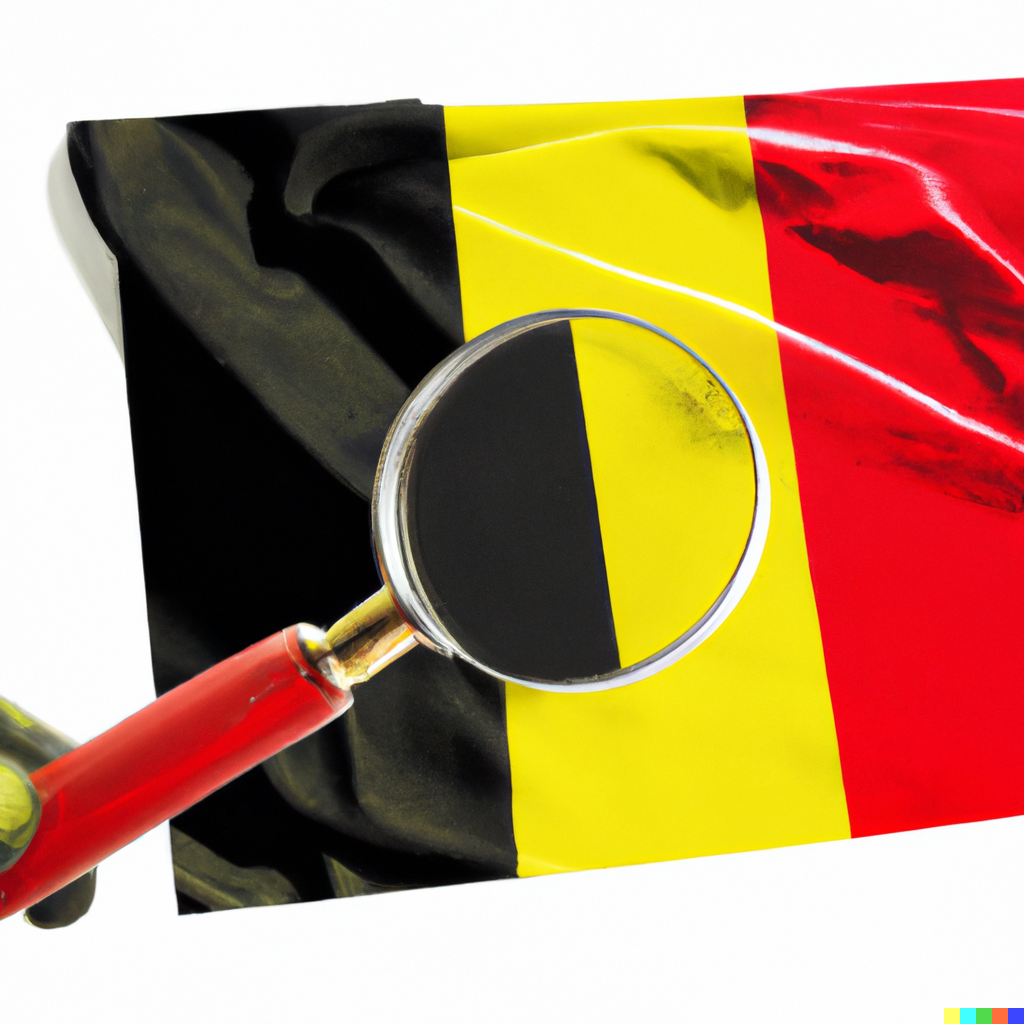Rules for metal detecting in Belgium
Metal detecting is a hobby that has become increasingly popular in Belgium in recent years. Many people find it exciting to search for old coins, jewelry, artifacts, and other hidden treasures. However, there are some important rules and laws that every metal detectorist must adhere to. In this article, we will discuss the key rules that apply to the use of a metal detector in Belgium.
General Rules
In Belgium, it is generally allowed to use a metal detector as long as you have permission from the owner, tenant, or manager of the land. You should also ensure that you do not damage the ground and do not excavate archaeological objects. For example, if you want to search on the beach or in a park, you may do so, but you must have permission from the owner of the property.
Below are the basic rules for using a metal detector in Belgium. Later in the article, we will delve into some of these points in more detail.
- It is mandatory to always carry your ID card and recognition as a metal detectorist when you go metal detecting.
- Permission to search must be obtained in advance from the owner or manager of the land you want to search. This also applies to public domains.
- All findings you make belong to the owner of the land. If you want to keep the findings for yourself, you must make arrangements with the owner.
- Minors are also allowed to search but under the supervision of a recognized detectorist. Metal detecting is strictly prohibited on protected archaeological sites and sites where archaeological research is being conducted, even with the owner's permission. You can find all protected sites on the Onroerend Erfgoed geoportal.
- It is not allowed to dig deeper than 30 cm to retrieve a find.
- Dug holes must be properly filled with soil.
- Respect the environment and take all litter you encounter so that it does not remain in nature.
- If you find explosives or other unexploded ordnance, do not touch them and immediately inform the police.
- The same applies to human remains; do not touch them and inform the police.
- Report all your findings immediately after detecting using the online reporting tool of Onroerend Erfgoed.
Metal Detecting on Public Land in Belgium
If it is public land, you still need permission. Public land is always owned or managed by the local municipality, government, or Ministry of Defense. However, there is an exception to this rule: metal detecting is not allowed in protected natural areas and historical monuments unless you have a permit from the government. When you find objects on public property, these belong to the state. Therefore, it is mandatory to always hand over these findings to the municipality or police, unless other arrangements have been made with the landowner in advance.
Useful Tools for Finding the Owner
If you want to go metal detecting in Belgium and are looking for the owner or manager of a specific piece of land, you can use handy tools. A good way to start searching for the owner or manager of a particular parcel is through Geopunt.be or the geoportal of Onroerend Erfgoed. By zooming in on the map, you can see the outlines of the parcels and determine the parcel number. These cadastral data can then be requested from the cadastre. However, please note that for privacy reasons, the cadastre may only disclose the identity of an owner after a written request with motivation. Alternatively, asking around in the neighborhood may yield quicker results.


Left: Geopunt by Digitaal Vlaanderen. Right: Geoportaal by Onroerend Erfgoed Vlaanderen
Metal Detecting on Belgian Beaches
On the beach, you are also bound by rules and regulations if you want to go metal detecting. The area from the dike to the low-water line is under the management of the Coastal Division in Belgium but has been leased to the respective coastal municipality. To obtain permission for metal detecting, you must contact the relevant municipality. If you want to search for archaeological objects on the beach, you need recognition as a metal detectorist, just like anywhere else. Since the beach is considered public domain, you are required to report any beach finds to the local police or municipal authorities. If the object has archaeological value, you should also report it to Onroerend Erfgoed.
Permit/Recognition for Metal Detecting
If you want to search in places that require a permit/recognition, such as protected archaeological sites, you need to apply for these from the government. These recognitions are intended to protect the locations from uncontrolled excavations and to ensure that important archaeological objects and remains are not lost.
It is important to note that excavating archaeological objects without a permit is illegal and can result in criminal prosecution. This recognition can be requested from the Onroerend Erfgoed agency in Belgium using a form. To apply for this recognition from the Onroerend Erfgoed agency, you must fill out the appropriate application form and provide an extract from your criminal record. For Dutch applicants, it is also required to add a 'certificate of good behavior.' Apply for 'Recognition as a Metal Detectorist'.
Archaeological Finds
Currently, there are 46 protected archaeological sites in Flanders, Belgium. The heritage decree strictly prohibits the use of metal detectors on these sites to protect the valuable archaeological soil record. Even if the owner gives permission, they would be breaking the law. The location of these protected sites can be found on the geoportal of Onroerend Erfgoed in Flanders.
When using your metal detector, if you find an archaeological object, you are required to report it to the government. Archaeological findings are owned by the state and cannot be taken without permission. If you make a find, you must report it as soon as possible to the relevant authorities, such as the local police or the Flemish Institute for Immovable Heritage. These organizations can then decide what should be done with the find.
Magnet Fishing in Belgium
Before you go magnet fishing, just like metal detecting, you need to request permission from the owner or manager of the water. You can also find this information using Geopunt.be. Access roads to the sea ports of Antwerp, Ghent, Ostend, and Zeebrugge fall under the technical management of the Maritime Access Division, while nautical management is the responsibility of the Shipping Assistance Division. The sea ports themselves fall under the responsibility of the local harbor captains or the Common Nautical Authority for the Port of Antwerp. Coastal yacht harbors fall under the jurisdiction of the Coastal Division. You can find a handy overview of all this information on the website of the Flemish Government. Read the rules for magnet fishing in Belgian waters from each authority.
Reporting Finds
In Belgium, a distinction is made between a chance find and a metal detector find. Both types of findings must be reported, and each has its own procedure.
The first type is a chance find, which, according to the heritage decree, is an archaeological find discovered by accident, for example, during construction work or a walk. These findings must be reported as a chance find to Onroerend Erfgoed in Belgium, where you can find the full procedure:
The second type is a metal detector find, which must be reported as a metal detector find to Onroerend Erfgoed in Belgium. The video below provides a step-by-step guide on how to report a metal detector find online.
Digital Reporting Form Guide for Metal Detector Finds
Where You Cannot Search in Belgium
There are several places and locations where metal detecting and/or magnet fishing have been prohibited over the years. Below is a list of places where searching is prohibited:
- Metal detecting is strictly prohibited on archaeological sites.
- It is prohibited to search in protected landscapes and (near) monuments.
- Searching with a metal detector and magnet fishing is prohibited on and around military grounds.
- In the entire province of West Flanders, it is prohibited to use a metal detector and magnet fishing within their provincial domains.
- Using a metal detector and magnet fishing in the properties of the Flemish Land Agency is strictly prohibited, unless it is part of a well-motivated (scientific) research.
- Metal detecting is also not allowed in the nature areas of Natuurpunt to prevent damage to both nature and the soil record.
- Magnet fishing is prohibited in non-navigable waterways of category 1 by the Flemish Environmental Agency. This ban is imposed for safety reasons and to prevent harm to the ecological goals of these waterways.
- Metal detecting is not allowed in the forests and nature reserves managed by Belgian Nature and Forest. This decision was made to prevent damage to vegetation and the soil record.
Be Prepared in Belgium
Before you go metal detecting in Belgium, make sure to thoroughly review all the rules and laws. You wouldn't want to be surprised with legal issues. Therefore, always ensure that you have permission for the land you intend to search on and that you adhere to the rules. If you have any other questions about metal detecting in Belgium, feel free to contact us, and we will make sure you are well-prepared for your adventure.
Please Note: Detect Metaaldetectors is not responsible for any future legal changes. The searcher is always responsible for researching and complying with the laws and rules.






